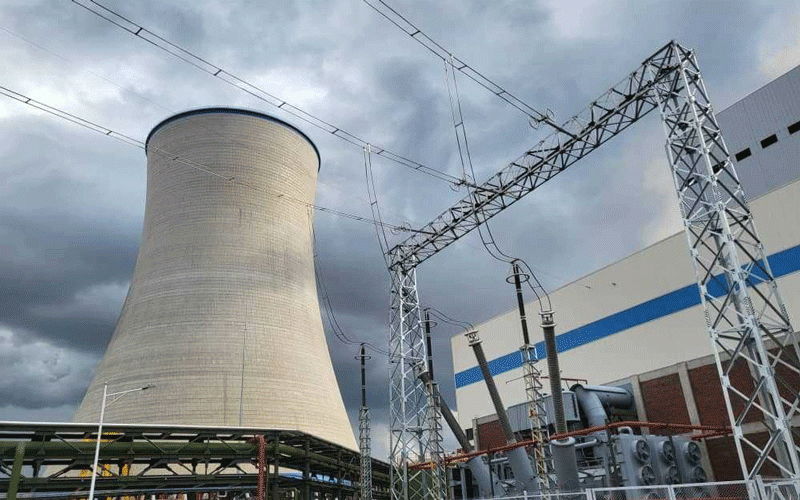
HARARE, Feb 12 (NewsDay Live) - Zimbabwe's power deficit now sits at 1 560 megawatts (MW) as the power utility’s foreign debt obligations continue to grow, a new parliamentary report shows.
A new report from Parliament's Portfolio Committee on Energy and Power Development has revealed that the country is in a critical electricity power crisis.
According to the report, the committee found that from an installed capacity of 2 570MW, the country is only able to generate 1 079MW, and warned that this will continue if no strategies are quickly adopted.
“However, in as much as the transmission and distribution lines are functioning well, Zesa management highlighted that Zimbabwe is still facing serious power outages because the distribution supply of electricity is not meeting the nations demand,” the committee said.
“The committee noted that the major challenge is of all power plants not producing their optimum capacity. In addition, ZPC (Zimbabwe Power Company) pointed out that KSPS (Kariba South Power Station) is producing 250MW only, Hwange power station is producing 750MW and IPPs are adding 69MW making a total of 1079MW which cannot sustain the whole nation yet the nation’s demand is from 1500MW to 2350MW.”
Consequently, it was revealed that the ZPC has resorted to importing power from neighboring countries like Namibia in order to reduce load shedding.
“The committee cited that considering the state we are in as a country, if there are no strategies that are going to be implemented sooner to boost generation, the nation will be suffering for a long haul,” the committee noted.
ZPC, a subsidiary of Zimbabwe’s power utility, Zesa Holdings (Zesa), pointed out the outdated infrastructure of the Kariba and Hwange power plants was from three to six decades ago, which posed operational issues.
- ED turns to Hichilema for power supplies
- Low tariffs weigh down ZETDC
- ‘Systems disturbance hits Hwange Power Station’
- Chivayo’s US$25m lawsuit overstated: ZPC
Keep Reading
“According to Zesa Holdings, they possess a huge loan burden in renovating some of the units KSPS which amounts to $350 million,” the committee said.
“Zesa created a huge debt burden on the utility, including foreign currency commitments for loan repayments and spare parts purchase.”
The committee said that management added that repayments needed to be done in foreign currency and that they had resorted to exporting power in order to generate the forex.
“The committee observed that Zimbabwe’s electricity supply strategy has been overly reliant on the Kariba South Power Station upgrade, a short-term solution vulnerable to water constraints,” the committee said.
“This approach has failed to address the country’s persistent electricity woes. Furthermore, global funding trends favouring renewable energy projects have limited Zimbabwe’s options for a balanced energy mix.”
The committee has observed the need for baseload power sources like thermal and nuclear plants to ensure stable electricity supply.
However, it also acknowledged the role of renewables in peak power generation.
“Committee highlighted the country’s history of poor loan servicing has hindered access to affordable financing for power projects,” the committee said.
“The committee noted that the Hwange and Kariba projects were procured at inflated costs, contributing to high electricity tariffs.”
The committee suggested that Zesa should be actively involved in attracting significant investments in refurbishing existing power plants and constructing new ones to overcome the overreliance on KSPS.
“The Ministry of Energy and Power Development should diversify the energy mix to mitigate the impact of water constraints on hydroelectric power and enhance overall system reliability by 31st December 2026,” the committee said.
“In this regard, the committee recommends a strategic balance between base load power sources such as thermal and nuclear and renewable energy like solar, wind, and geothermal.”
It said Treasury should timely disburse funds to service loans for power projects to ease Zimbabwe’s history of debt servicing challenges, improve the country’s creditworthiness, and facilitate access to affordable energy financing.










